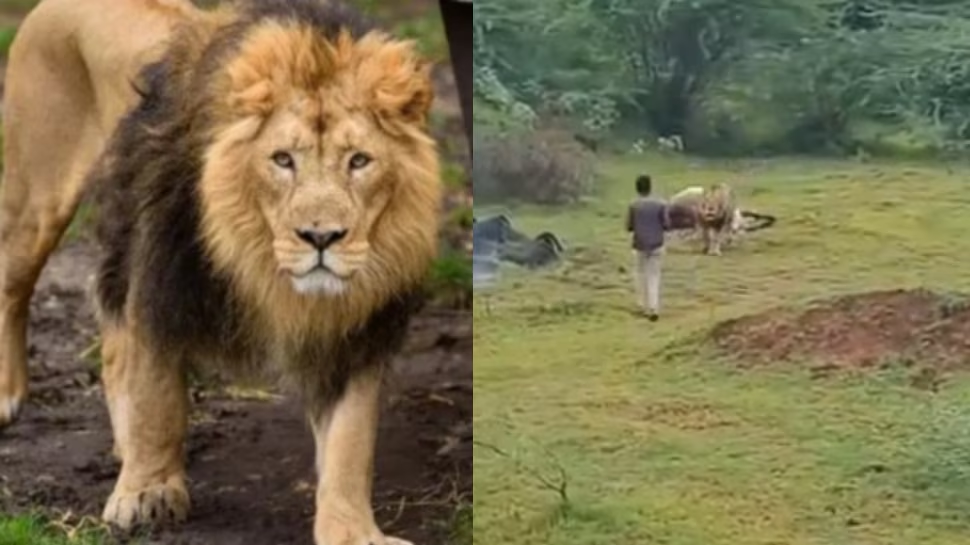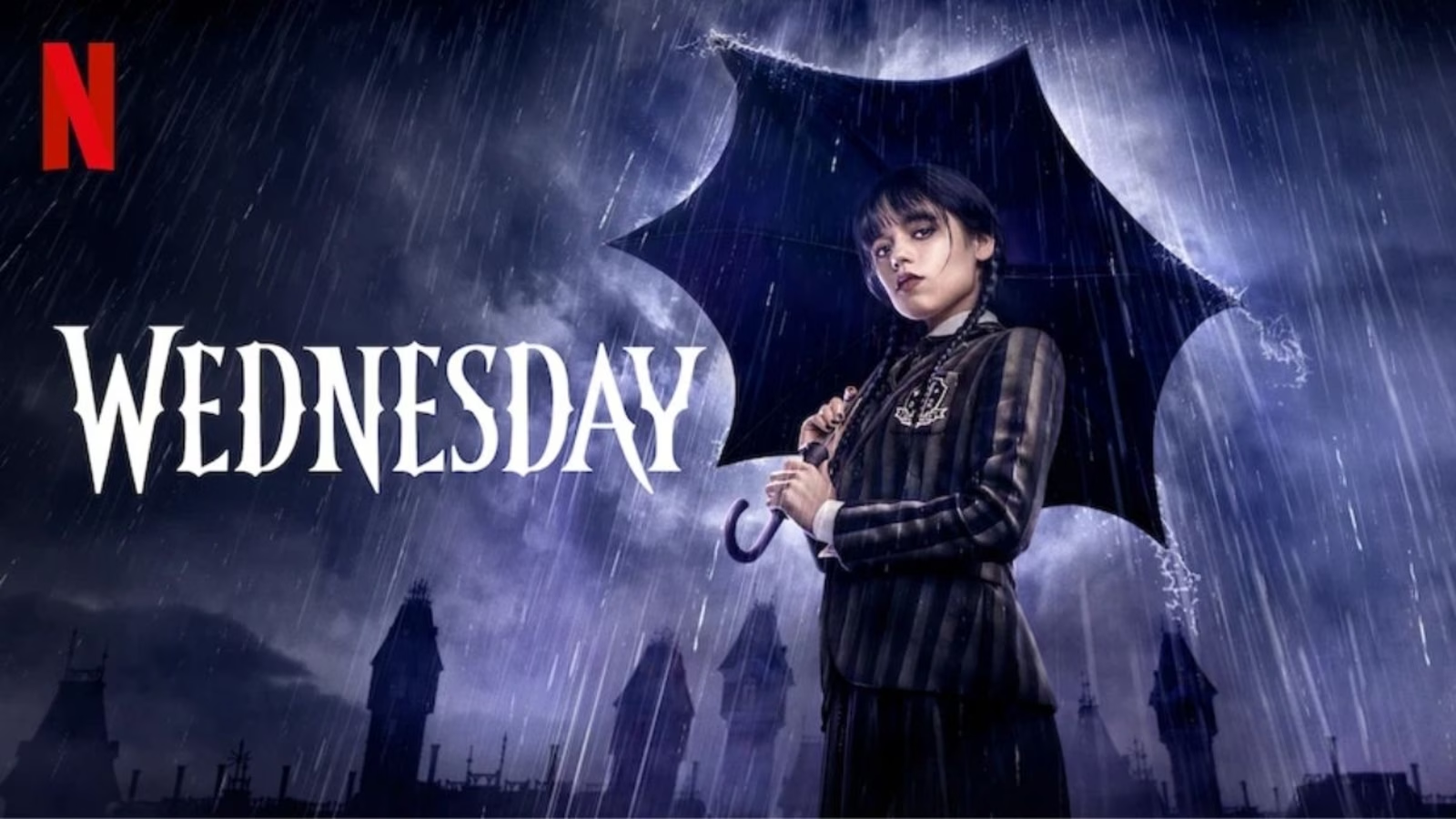Now Reading: Man Films Lion Eating Prey in Gujarat—Lion Turns and Charges, Lands in Viral Video
-
01
Man Films Lion Eating Prey in Gujarat—Lion Turns and Charges, Lands in Viral Video
Man Films Lion Eating Prey in Gujarat—Lion Turns and Charges, Lands in Viral Video

A man in Bhavnagar, Gujarat, narrowly escaped a potentially deadly encounter after walking dangerously close to a lion feeding on its prey—reportedly to film a viral video. The predator, spotting the intrusion, charged at the man before warning him off. The video has ignited widespread debate over wildlife safety, respect for wild spaces, and the risks of reckless proximity to predators.
Introduction
A viral clip out of Gujarat has drawn sharp reactions: footage shows a man lunging toward a lion mid-feed, attempting to capture the moment on his phone. Rather than a selfie, he nearly got mauled. While he escaped unharmed, the episode reignited concerns about public disregard for wildlife boundaries and personal safety.
When Curiosity Crosses the Line
The lion was engrossed in consuming its kill when the man edged closer, attempting to remain partially hidden behind the carcass as he filmed. Moments later, the cat turned sharply and charged. The man backed off slowly, still recording. Witnesses heard screams and warned others as the drama unfolded.
Dangerous Impulses, Public Alarm
Many viewers called the incident “stupidity at its finest.” Social media erupted with criticism, urging authorities to investigate the man’s behavior and discourage such foolhardy attempts. Wildlife experts emphasised that feeding zones—protected or not—remain unsafe for public interference.
Wild Royalty and Human Recklessness
Gujarat is home to the Asiatic lion, one of the few wild big cat populations outside Africa. Even so, this kind of human-lion encounter is rare and often brought on by misguided human actions. Conservationists say such violations of animal space can stress wildlife and increase human-wildlife conflict.
Tier 2 India: A Wake-Up Call
In small-town areas across India, viral fame often trumps common sense. But this video shows the cost: one wrong approach, and a lifetime ends—or lives are lost. The reckless daredevil spirit seen here runs counter to ethical wildlife awareness—a lesson that must resonate beyond city boundaries.
Conclusion
The Gujarat video is more than entertainment—it’s a warning. One reckless move nearly ended in disaster. If we respect wild animals less than we fear them, extinction becomes personal. It’s a reminder that boundaries exist for a reason, and wildlife belongs in its space—not filtered through human ambition

























